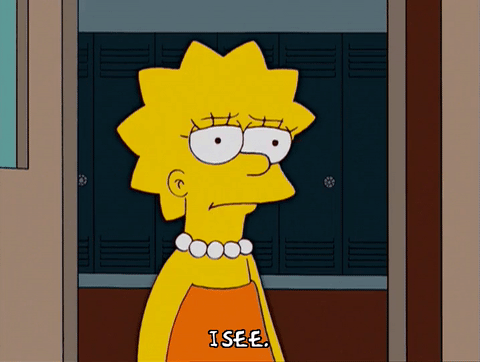The Ethiopian government has blocked Facebook, WhatsApp, Instagram and Viber in an attempt, it says, to encourage students to study and prevent the leak of university entrance examinations.
In May of this year, university exams were cancelled after photographs of some exam papers were circulated on social media.
‘This is a temporary measure until Wednesday as the social networks serve as a distraction to the students,’ the government spokesman, Getachew Reda told AFP.
Facebook/Twitter/Viber are blocked in #Ethiopia since yesterday, July 9 2016 pic.twitter.com/VthNB6aRvY
— ARTICLE 19 Eastern Africa (@article19eafric) July 11, 2016
Ethio telecom is owned by the government and has a monopoly over all telecommunication services. On top of this, many Ethiopians do not have access to the internet; only 3.7% of the population are on Facebook.
Some have argued that this is an attempt by the government to test out new firewalls and the public’s patience.
The UN recently passed a non-binding resolution that intentional disruption of internet access is an infringement on human rights.
Perhaps the most famous victims of the government’s censorship were the Zone 9 bloggers. Five of the bloggers Zelalem Kiberet, Tesfalem Waldyes, Asmamaw Hailegiorgis, Mahlet Fantahun and Edom Kassaye were released from prison in 2015 and all charges against them were dropped. Abel Wabela, Atnaf Berahane, Natnael Feleke and Befeqadu Hailu were summoned again before the Supreme Court of Ethiopia on March 29, 2016 and could still face a long-term prison sentence.
In 2012, the Telecom Fraud Offences Law was amended to require all individuals to register their ITC equipment on pain of confiscation. According to the independent watchdog organisation Freedom House, the law also ‘prescribes prison sentences of up to 20 years for the publication of statements that can be understood as a direct or indirect encouragement of terrorism, a vaguely defined term.’
The UN recently passed a non-binding resolution that intentional disruption of internet access is an infringement on human rights. Ethiopia seems willing to flout this to ensure students stay focused.

